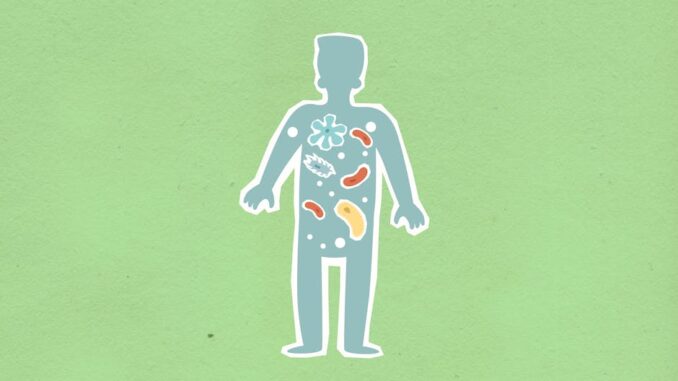
Summary
New research suggests a link between early antibiotic exposure and an increased risk of type 1 diabetes. A study on mice indicated that antibiotics may hinder the development of insulin-producing cells. This highlights the importance of the infant microbiome and may lead to new preventative measures and treatments.
** Main Story**
Antibiotic Exposure in Infancy May Increase Risk of Type 1 Diabetes
A recent study has shed light on a potential link between early antibiotic exposure and an increased risk of developing type 1 diabetes. Research conducted on mice revealed that exposure to antibiotics during a critical developmental window in infancy can stunt the growth of insulin-producing cells within the pancreas. This disruption may significantly increase the risk of diabetes later in life. The study, published in the journal Science, also identified specific microorganisms that could play a crucial role in promoting the proliferation of these essential cells during early life.
The Infant Microbiome: A Key Player in Development
This research underscores the significance of the infant microbiome, which is the complex community of bacteria and fungi residing within and on our bodies during our first few years of life. The findings suggest that disruptions to this delicate ecosystem can have long-term consequences for metabolic health. This discovery may pave the way for innovative approaches to prevent and possibly even reverse diabetes and other metabolic diseases.
Type 1 Diabetes: A Growing Concern
Type 1 diabetes is a chronic condition in which the pancreas fails to produce insulin, the hormone responsible for regulating blood sugar levels. This leads to an accumulation of glucose in the bloodstream, resulting in various health complications. While genetic predisposition plays a role in developing type 1 diabetes, environmental factors also appear to be crucial. This is evidenced by studies of identical twins, where often only one twin develops the disease despite sharing the same genetic makeup.
Implications for Prevention and Treatment
Researchers believe that understanding the intricate relationship between the infant microbiome and the development of insulin-producing cells could lead to targeted interventions for preventing type 1 diabetes. These interventions may involve promoting a healthy infant microbiome through practices such as breastfeeding and minimizing unnecessary antibiotic use. Further research is needed to translate these findings into effective strategies for humans, but this study represents a significant step toward understanding the complex interplay of environmental factors and genetic predisposition in type 1 diabetes.
New Advances in Diabetes Management
Beyond this specific research, the field of diabetes management has seen substantial advancements in recent years. These advancements span technological, biological, and pharmacological approaches.
Technological Advancements: Artificial pancreas systems are becoming increasingly sophisticated, offering automated insulin delivery that closely mimics the function of a healthy pancreas. Continuous glucose monitors (CGMs) provide real-time data on blood sugar levels, allowing for more precise management and timely adjustments to insulin doses. Smart insulin pens and inhaled insulin offer convenient alternatives to traditional injections.
Biological Advancements: Stem cell therapy holds immense promise for regenerating insulin-producing beta cells. Researchers are also exploring beta cell encapsulation techniques to shield transplanted cells from immune system attack. Gene therapy aims to reprogram other cells in the body to produce insulin, offering a potential cure for type 1 diabetes.
Pharmacological Advancements: New classes of drugs, such as GLP-1 receptor agonists, are being investigated for their potential benefits in managing both type 1 and type 2 diabetes. Research also focuses on developing drugs that protect cells from the damaging effects of high blood glucose. There is ongoing exploration of pharmacological agents that could “reset” metabolism and effectively cure diabetes by restoring energy balance.
These advancements in diabetes management hold the potential to significantly improve the lives of those living with diabetes and offer hope for a future where the disease is no longer a debilitating condition. As research continues to unravel the complex mechanisms underlying diabetes, we can anticipate even more innovative and effective treatments in the years to come.


So, childhood antibiotics *might* make our guts throw a diabetes party later in life? Guess I’ll think twice before popping those pills. What about C-section births impacting the microbiome too? Anyone else have thoughts on environmental impacts?
That’s a great point about C-sections and their potential impact on the infant microbiome. Research suggests that babies born via C-section may have a different initial gut microbiome compared to those born vaginally. This could potentially influence their long-term health. It definitely highlights how many environmental factors may affect health!
Editor: MedTechNews.Uk
Thank you to our Sponsor Esdebe